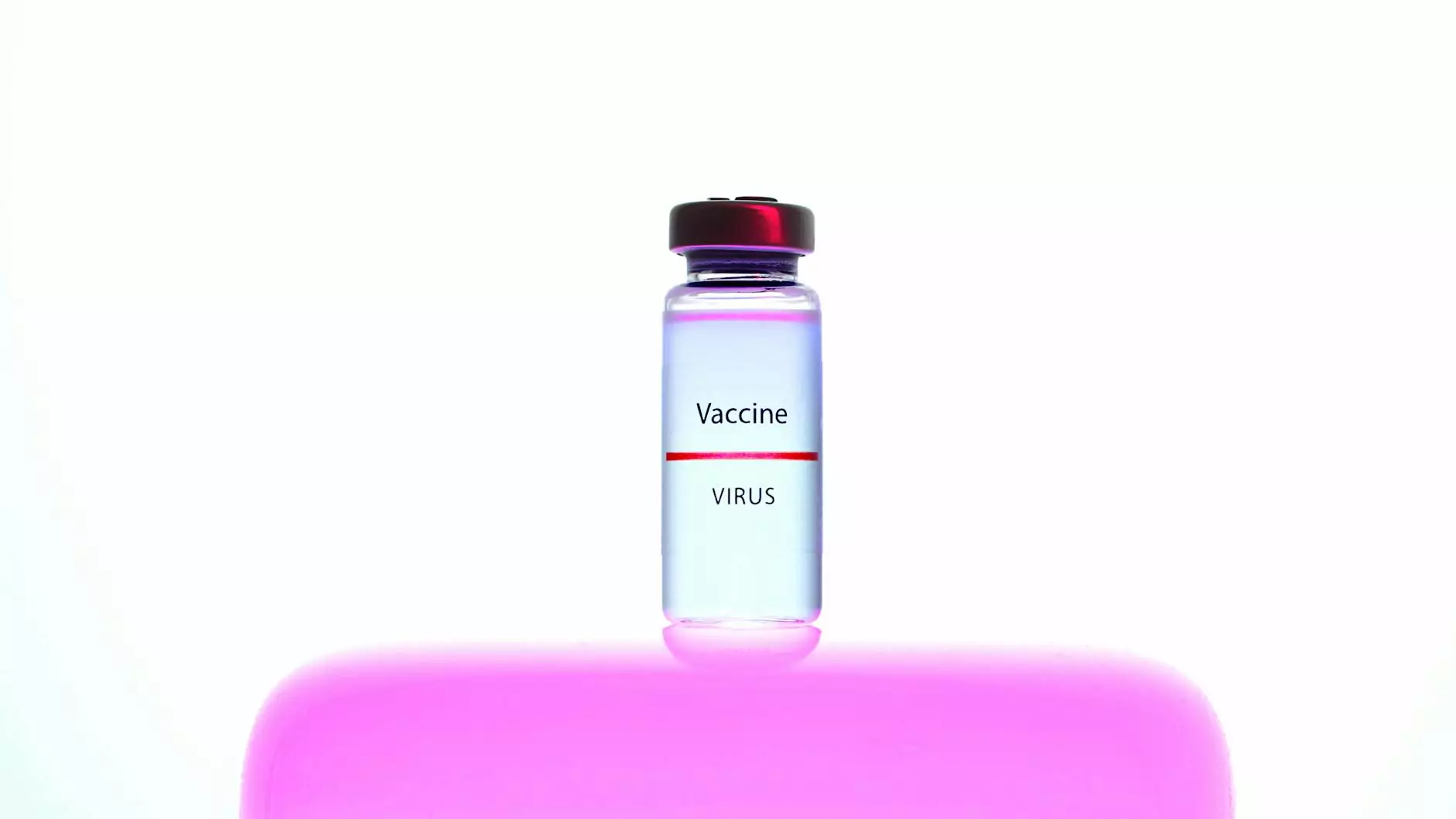Understanding Lung Cancer CT Scans: A Comprehensive Guide

Lung cancer remains one of the leading causes of cancer-related mortality worldwide. With a keen focus on prevention, early detection is critical in improving treatment outcomes and survival rates. One of the most effective diagnostic tools for the early detection of lung cancer is the CT scan, or computed tomography scan. In this article, we will delve deep into the various aspects of lung cancer CT scans, emphasizing their importance, how they function, and what patients can expect during the process.
What is a Lung Cancer CT Scan?
A lung cancer CT scan is a specialized imaging technique that provides detailed cross-sectional images of the lungs and surrounding structures. Unlike standard X-rays, CT scans produce more detailed images, allowing healthcare professionals to visualize the size, shape, and location of potential tumors or abnormalities.
The Role of CT Scans in Lung Cancer Diagnosis
CT scans are pivotal in diagnosing lung cancer. They can identify small nodules that might not be visible on traditional X-rays. Early detection is crucial, as lung cancer is more treatable when diagnosed at an earlier stage. Some primary uses of lung cancer CT scans include:
- Screening for lung cancer: Particularly in high-risk patients such as smokers or those with a family history of lung cancer.
- Staging cancer: Understanding the extent of the disease helps in forming treatment plans.
- Monitoring treatment progress: Evaluating how well treatments are working by observing changes in tumors.
- Detecting recurrence: Follow-up scans can determine if lung cancer has returned after treatment.
Why Choose a CT Scan for Lung Cancer Detection?
The decision to use a CT scan for lung cancer screening is based on several compelling reasons:
1. High Sensitivity and Specificity
CT scans can detect smaller cancerous lesions that might be missed by other imaging methods, which is paramount in the early detection of lung cancer.
2. Comprehensive Imaging
This modality displays not just the lungs but also the surrounding organs, which can help in identifying any areas of concern in nearby structures.
3. Non-Invasive Procedure
CT scans are non-invasive, meaning they require no surgical intervention, making it a safer option for patients.
Preparing for a Lung Cancer CT Scan
Preparation for a lung cancer CT scan is straightforward. Here’s how to prepare:
- Clothing: Wear comfortable clothing without metal fasteners, which can interfere with imaging.
- Fasting: Patients may be instructed to avoid food and drink for a few hours before the scan, especially if a contrast agent is being used.
- Informing healthcare providers: It's crucial to inform the technician or doctor about any health concerns, allergies, or if you are pregnant or breastfeeding.
The CT Scan Procedure
Understanding what to expect during a lung cancer CT scan can ease any anxieties surrounding the procedure:
1. Arrival and Registration
Upon arrival at the imaging center, patients will check in and may need to complete some paperwork.
2. Initial Setup
Patients will be escorted to the imaging room, where they might need to change into a hospital gown. An intravenous (IV) line may be inserted if a contrast dye is required.
3. The Scanning Process
Patients will lie on a table that slides into the CT scanner. During the scan, they will be asked to remain still and may need to hold their breath for short durations to ensure clear images.
4. Duration
The entire process typically takes about 15 to 30 minutes, depending on whether contrast material is used.
After the CT Scan
Post-procedure, patients can usually resume normal activities immediately. However, if a contrast dye was used, some may need to drink extra fluids to help eliminate the dye from their system.
Understanding the Results
Results from a lung cancer CT scan can take time to process. A radiologist will analyze the images and send a report to the referring physician. Here’s what to expect:
1. Negative Results
A negative CT scan means no suspicious lesions were detected, which is encouraging news for the patient.
2. Positive Results
In cases where abnormalities are found, further testing may be required, including:
- Biopsy: A tissue sample may be taken to examine for cancer cells.
- Additional imaging tests: MRI or PET scans might be recommended for further detail.
Benefits of Early Detection Through CT Scans
Early detection through lung cancer CT scans can significantly impact treatment outcomes. Some benefits include:
1. Improved Survival Rates
Early-stage lung cancer has a higher chance of successful treatment than more advanced stages.
2. Better Treatment Options
Identifying lung cancer early allows for a broader range of treatment options, including surgery, targeted therapies, and radiation.
3. Enhancing Quality of Life
Early-stage treatment often leads to better quality of life for patients, as they can maintain more normal functions and activities.
Conclusion
A lung cancer CT scan is a crucial tool in the fight against lung cancer. By understanding the process, preparation, and implications of CT scans, patients can take proactive steps in their health management. At Hello Physio, we advocate for early detection and utilizing advanced diagnostic techniques to improve health outcomes. If you or someone you care for is at risk, consider discussing the benefits of a CT scan with a healthcare provider.
Frequently Asked Questions
Here are some commonly asked questions regarding lung cancer CT scans:
1. How often should I get a CT scan if I'm at high risk for lung cancer?
It typically depends on your personal risk factors and should be determined in consultation with your healthcare provider.
2. Are there any risks associated with CT scans?
CT scans do expose patients to radiation, but the benefits of early cancer detection generally outweigh the risks.
3. Can a CT scan diagnose lung cancer definitively?
While CT scans can detect abnormalities, a definitive diagnosis requires biopsy and histological examination.
Empowering Through Knowledge
By understanding the role of lung cancer CT scans, patients can make informed decisions regarding their health. Stay aware, stay proactive, and prioritize your health and well-being.









